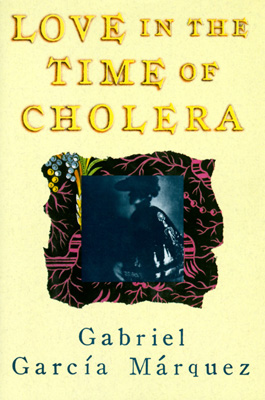I really wanted to like Katherine Paterson's
The Master Puppeteer,
an historical novel for young readers set in Japan during a time of famine. It seemed like a good choice for a quick read about a culture I find fascinating. It took me so longer to read than I expected because I'd put it down and just lack the interest in reading more. I never connected or really believed in the characters.
The story is set in feudal Japan during a famine when a Robin Hood-like figure, Saburo, roams the city stealing food from the rich to give to the poor. The main character is Jiro, a boy whose father makes puppets for Bunraku theater, an artistic fine art. His siblings died in the famine and the family has little to eat. The mother resembles Cinderella's step mother she has no love for Jiro, whose birth she blames for the death of her other children. His father seems like a kind, but weak man.
Jiro realizes it would help his family if he took a position as an apprentice at a reknown Bunraku theater. Like many such arrangements, Jiro finds himself in a new "home" with a tyrant who's talented, but intimidating, a kindly older man, and a collection of peers each with a different tick - e.g. the stutterer, the nice older boy, the resentful boy, etc. You've seen and read this kind of thing before.
As I read, I could easily see how the story would play out, and it followed the predicted course pretty much. Because I've lived in Japan, I was familiar with the historical era and Bunraku. I just never felt transported there and doubt that the intended audience, say 5th grade kids would really wrap their heads around life in that era or this art form. Paterson visited Japan to research this book, but it still just felt so stilted. So different from Sigrid Undset's work which is just or maybe more foreign to me. Yet with Undset I felt right in the thick of things.
 Last month's book club choice was Anne of Green Gables,
Last month's book club choice was Anne of Green Gables, 



























